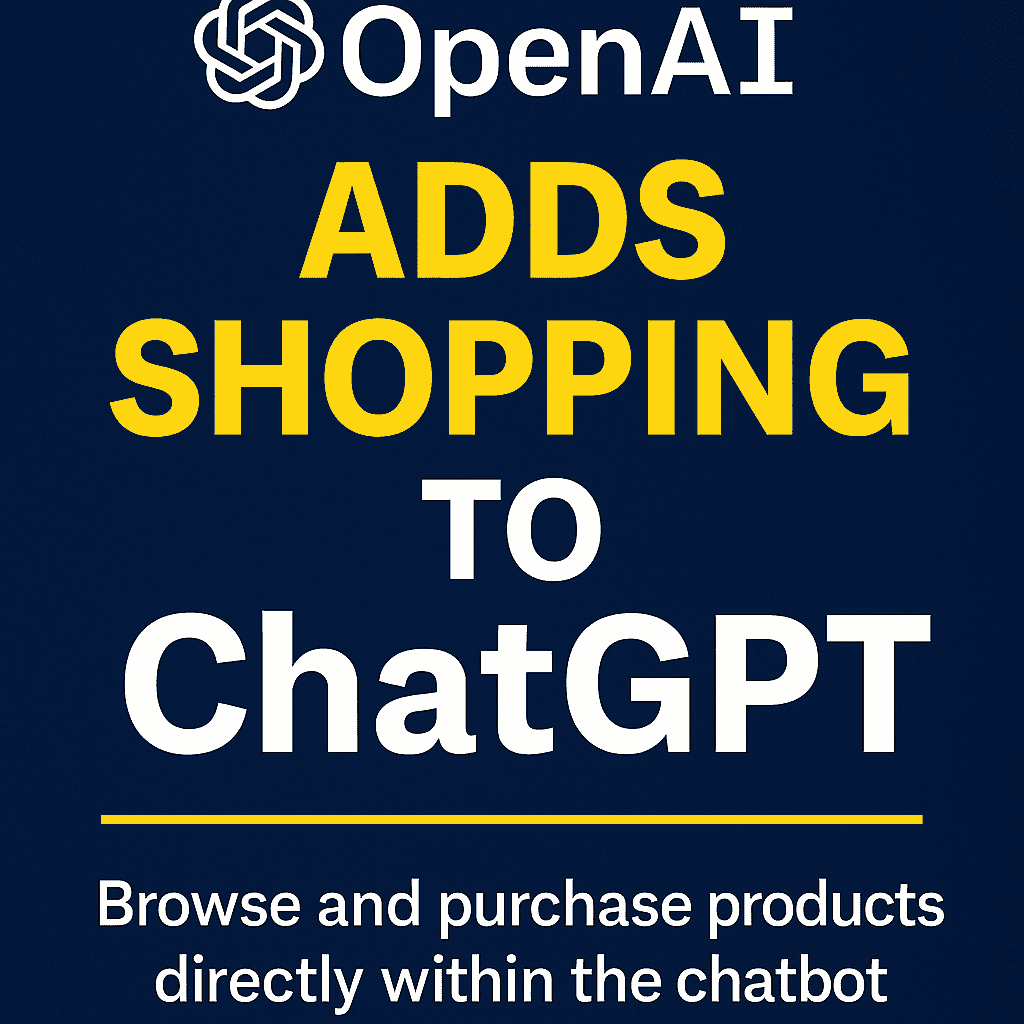🚀 Introduction
In the rapidly evolving digital landscape of 2025, artificial intelligence has become a cornerstone in optimizing online content. AI-powered SEO tools are at the forefront, enabling marketers to enhance their strategies with unprecedented efficiency and precision. These tools leverage machine learning algorithms to analyze data, predict trends, and automate tasks, thereby revolutionizing the way businesses approach search engine optimization.
🔍 What Are AI-Powered SEO Tools?
AI-powered SEO tools utilize artificial intelligence to automate and improve various aspects of search engine optimization. They can analyze large datasets to identify patterns, predict user behavior, and provide actionable insights. Functions often include keyword research, content optimization, backlink analysis, and performance tracking.
🛠️ Top AI-Powered SEO Tools in 2025
- Surfer SEO: Offers content optimization by analyzing top-ranking pages and providing guidelines to improve content relevance.
- MarketMuse: Uses AI to assist in content planning and optimization, ensuring comprehensive coverage of topics.
- Clearscope: Provides keyword insights and content grading to enhance SEO performance.
- Frase.io: Combines AI with SEO to help create content that answers user queries effectively.
- SEMrush Content Marketing Platform: Integrates AI to streamline content creation and optimization processes.
📈 Benefits of Using AI in SEO
- Efficiency: Automates time-consuming tasks, allowing marketers to focus on strategy and creativity.
- Data-Driven Insights: Analyzes vast amounts of data to provide actionable recommendations.
- Improved Accuracy: Reduces human error in keyword selection and content optimization.
- Scalability: Enables businesses to manage large-scale SEO campaigns with ease.
- Enhanced User Experience: Optimizes content to meet user intent, improving engagement and conversion rates.
💡 Tips and Tricks for Maximizing AI SEO Tools
- Regularly Update Content: Use AI tools to identify outdated content and refresh it to maintain rankings.
- Leverage Predictive Analysis: Utilize AI to forecast trends and adjust strategies proactively.
- Integrate with Other Tools: Combine AI SEO tools with analytics and CRM systems for a holistic approach.
- Continuous Learning: Stay updated with AI advancements to leverage new features and capabilities.
- Customize AI Recommendations: Tailor AI insights to align with your brand voice and audience preferences.
❓ Frequently Asked Questions
Q1: Can AI-powered SEO tools replace human marketers?
While AI tools significantly enhance efficiency and provide valuable insights, they are best used in conjunction with human creativity and strategic thinking.
Q2: Are AI SEO tools suitable for small businesses?
Yes, many AI SEO tools offer scalable solutions that cater to businesses of all sizes, making them accessible and beneficial for small enterprises.
Q3: How do AI tools impact content originality?
AI tools assist in optimizing content without compromising originality. They provide guidelines and suggestions, but the creative input remains with the content creator.
📚 Conclusion
The integration of AI into SEO practices is not just a trend but a significant shift in digital marketing. By embracing AI-powered SEO tools, businesses can enhance their online presence, stay ahead of competitors, and meet the evolving demands of the digital audience. As technology continues to advance, the synergy between AI and SEO will undoubtedly become even more integral to successful digital strategies.
For more insights into the latest AI trends and tools, consider subscribing to leading AI newsletters and publications to stay informed and ahead in the digital marketing landscape.



